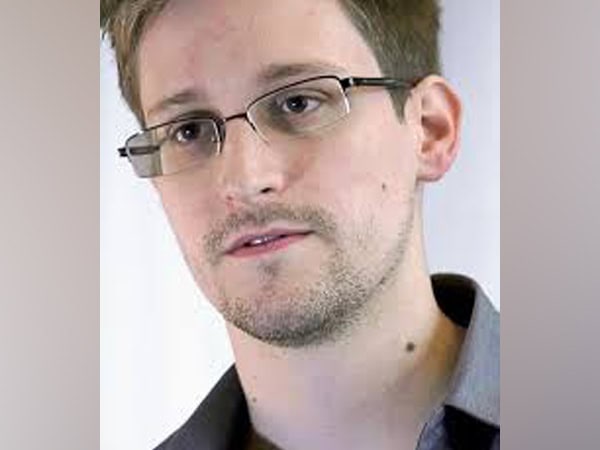Had Israel refused to sell its dangerous technology to Saudi Arabia, slain Saudi Journalist Jamal Khashoggi would have still remained alive said US whistle-blower Edward Snowden.
In an exclusive interview, Snowden said: “There is a real possibility that if NSO had refused to sell [its] dangerous technology to Saudi Arabia, which is a country that has a long history of human rights violations, Khashoggi would still have been alive,” MEM reports.
He further continued saying: “Whether you agree with me or not, it is clear that [NSO Group’s work] is dangerous […] they say they are saving lives, but the evidence suggests they are doing the opposite.”
He was responding to comments made by NSO Group’s CEO Shalev Hulio.
Snowden is a former US’ National Security Agency (NSA) employee who was named as a whistleblower after he reportedly leaked classified documents while exposed the extent of US surveillance.
In a similar interview, Hulio had admitted that NSO’s “Pegasus” software – which can be used to remotely infect a target’s mobile phone and then relay back data accessed by the device – had been used by a wide range of Middle Eastern governments.
But he denied that the software was used to track Khashoggi prior to his brutal murder on 2 October in Saudi consulate in Turkey.
Explaining his claims, Hulio said: We [NSO] conducted a thorough inspection of all of our clients, not just the one client who could perhaps be a potential suspect for involvement in the affair, but also other customers who may for some reason have had an interest in monitoring [Khashoggi].
After all these tests, I can tell you, in an attributed quote, that Khashoggi was not targeted by any NSO product or technology, including listening, monitoring, location tracking and intelligence collection.
Despite Hulio’s explanation on NSO tracking in Khashoggi’s murder, Edward Snowden said : “I do not pretend that NSO is involved in hacking into Khashoggi’s phone, so their denial [in yesterday’s interview] does not take us to a different conclusion. The evidence shows that the company’s products were involved in hacking into the phones of [Khashoggi’s] friends Omar Abdel Aziz, Yahya Assiri, and Ghanem Al-Masarir.”
Snowden continued: “I would like to believe that NSO did not hack into Khashoggi’s personal mobile phone, [but] remember that there are always at least two cases to spy on in a conversation: the victim and the person with whom the victim spoke.”
“Thanks to Citizen Lab, a human rights organization that published reports against the NSO, we have evidence that this is what happened in Khashoggi’s case,” Snowden told Yedioth Ahronoth, an Israeli paper, adding: Three people, all of whom were in contact with [Khashoggi] suffered from hacking attempts by what appeared to be Saudi intelligence, through the use of NSO tools. We used to say in the National Security Agency (NSA) that ‘once is a coincidence, twice is a statistical probability, and three times is a hostile action.’ What happened in Khashoggi’s case looks like a scenario I have seen many times.

